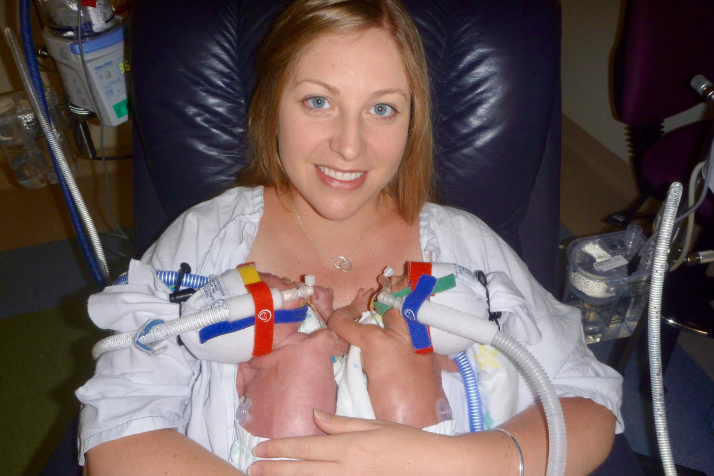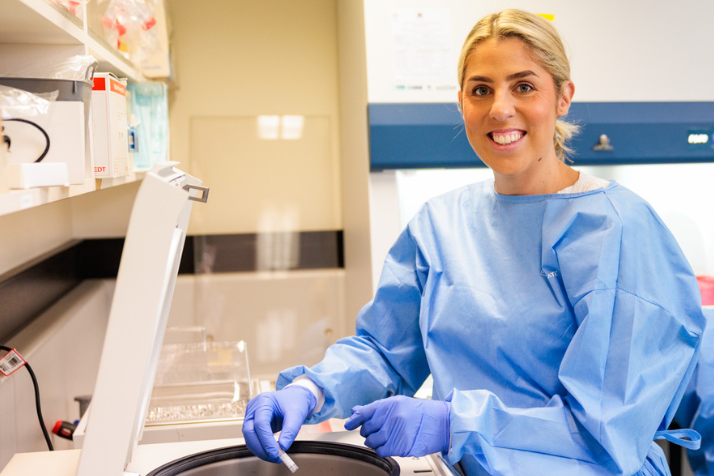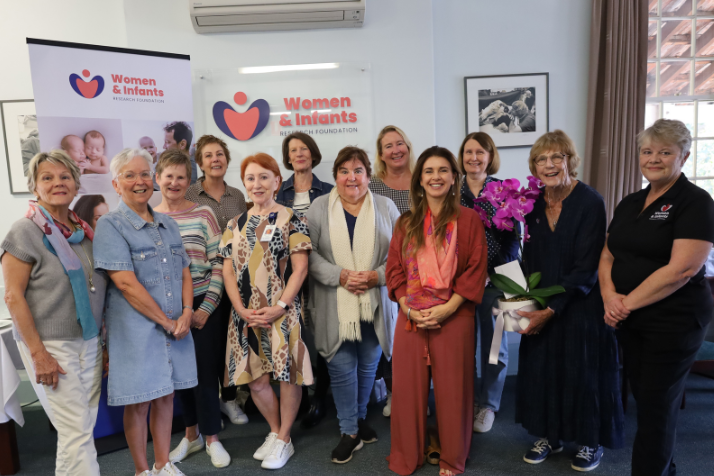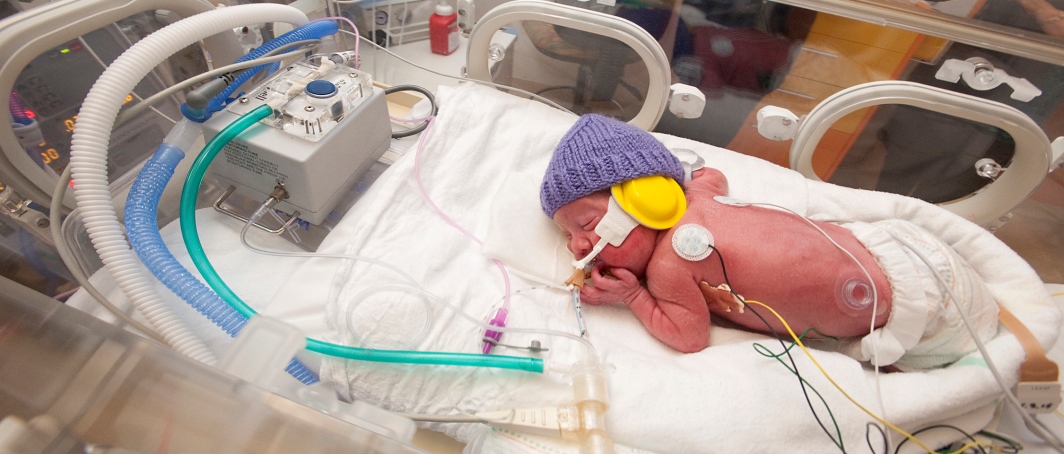Research overview
Placenta Accreta Spectrum (PAS) is a serious pregnancy condition that affects one in 500 pregnancies.
PAS happens when the placenta attaches too firmly to the uterus and, in severe cases, spreads to other organs like the bladder and bowel.
The number of cases has increased dramatically over the years, mainly due to the worldwide increase of caesarean section births.
Severe cases are often associated with major blood loss and complicated surgeries, making recovery difficult and can affect the mother’s ability to care for her newborn.
Babies born to mothers with PAS are more likely to be born early, need resuscitation at birth, and require care in a neonatal intensive care unit.
We currently don’t understand why some women develop PAS and why certain forms progress from the adherent accreta to the more invasive percreta. This study aims to address this critical gap in knowledge.
This research project will examine cells and tissues from women with PAS to investigate the underlying causes of PAS, and why it affects some women more severely.
It is hoped the study will uncover any genetic causes of PAS and specific biomarkers, allowing doctors to diagnose it earlier and develop new ways to prevent it.
By identifying the root causes, the study aims to improve care for mothers and babies.
The ultimate aim is to find ways to prevent PAS from happening at all.
Project researchers
Dr Mathias Epee-Bekima
Funders
Channel 7 Telethon Trust
Project timeline
Commenced 2025



